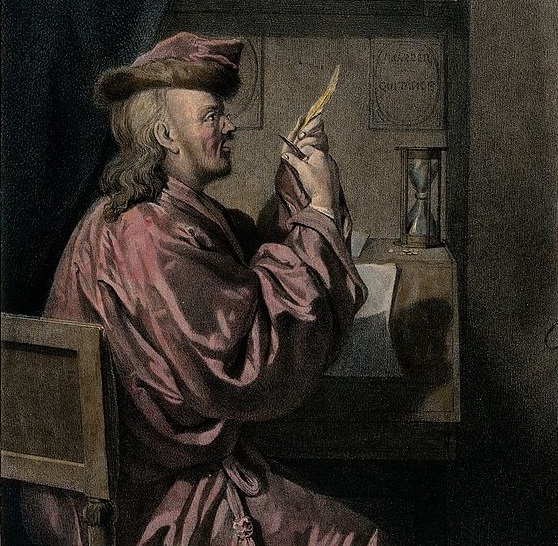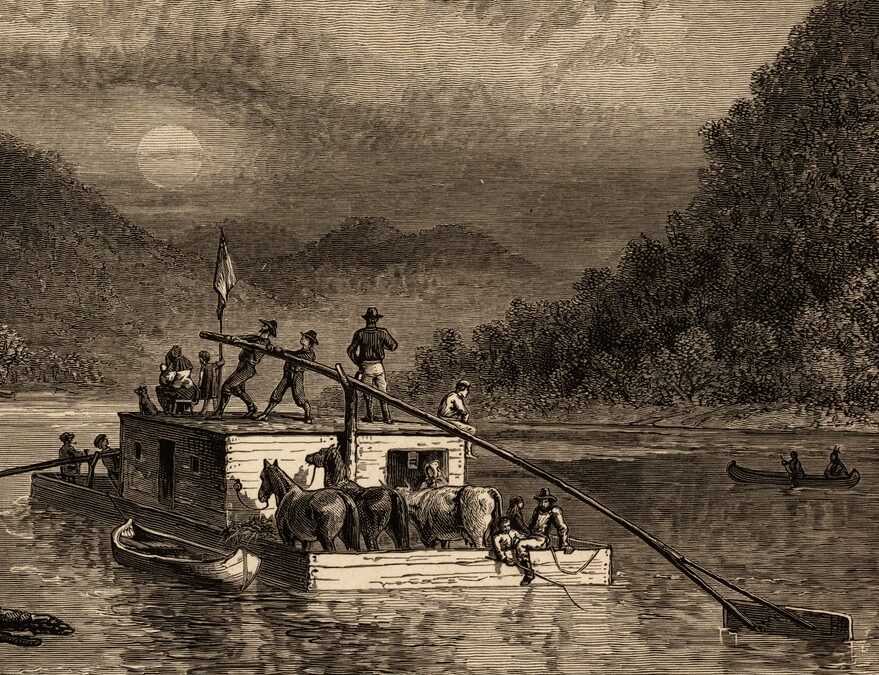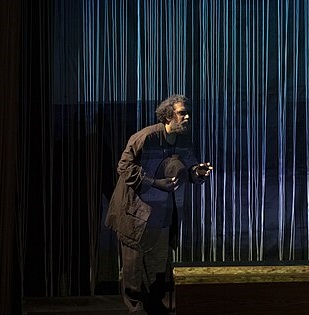
by Richard Subber | Feb 20, 2025 | Book reviews, Books, Joys of reading, Reflections, Tidbits
a literate TO DO list
Book review:
Tabula Rasa: Volume 1
by John McPhee (b1931)
New York: Picador, 2023
180 pages
It’s potentially thrilling when a talented author decides to clear his plate and clear his mind of the old ideas that haven’t been transformed to words.
I dare to suggest that McPhee’s title, Tabula Rasa, was chosen with tongue firmly pressed against cheek. His mind was working and his imagination was full when he picked the best words for his TO DO list.
Some of the appeal of Tabula Rasa is that his short pieces (50 of them) were collected but not organized. Each one is at least around the corner from the next one, and it’s easy to guess that McPhee never was bored while he wrote them.
This is a literate and thought-filled way to clear the deck.
* * * * * *
Book review. Copyright © Richard Carl Subber 2025 All rights reserved.
Boz indeed! Sketches by Boz
Charles Dickens delivers,
in a fastidiously literary kind of way…
–
In other words: Poems for your eyes and ears with 64 free verse and haiku poems,
and the rest of my poetry books are for sale on Amazon (paperback and Kindle)
and free in Kindle Unlimited, search Amazon for “Richard Carl Subber”
* * * * * *

by Richard Subber | Feb 18, 2025 | Books, My poetry, Poetry, Reflections, Tidbits
they do not tell…
Stonehenge
We look like a circle of stones.
We know why we stand here
but we do not tell,
perhaps we knew the beginning of time,
time means so little to us,
the ages come and go,
our circle stands, unmoving,
reflecting each break of day,
embracing the dawn of dawns,
remembering the chants of long ago,
accepting the credulous chatter
that fills our spaces,
accepting the lightest touch
of each fingertip
that seeks so many answers
to so many questions,
knowing that we exalt pure stillness,
indeed, knowing that the lintels
betray the ignorance
of beguiled masons,
knowing that we
are the upright fingers of the gods
that point to havens
above the sky,
knowing that we may rest on earth
until the unknown end of time.
December 28, 2024
* * * * * *
My poetry. Copyright © Richard Carl Subber 2025 All rights reserved.
Play review: A Doll’s House
Henrik Ibsen’s classic on abuse…
–
My first name was rain: A dreamery of poems with 53 free verse and haiku poems,
and the rest of my poetry books are for sale on Amazon (paperback and Kindle)
and free in Kindle Unlimited, search Amazon for “Richard Carl Subber”
Your comments are welcome—tell me what you’re thinking.
* * * * * *

by Richard Subber | Feb 15, 2025 | American history, Book reviews, Books, Democracy, History, Politics, Power and inequality
They didn’t have an easy life…
Book review:
The Pioneers:
The Heroic Story of the Settlers
Who Brought the American Ideal West
by David McCullough (1933-2022)
Pulitzer Prize winner
New York: Simon & Schuster, 2019
330 pages
This is bona fide David McCullough: endlessly researched, written in profoundly erudite prose, and honestly interesting to a wide range of readers.
The Pioneers tells you as much as (if not more than) you could ever care to know about the hardy folks who founded Marietta, Ohio, in the late 18th century, while George Washington was figuring out how to be our first president.
They didn’t have an easy life. They worked hard to keep slavery out of the Northwest Territory. They weren’t worried much about displacing the Native Americans who had lived in that region for thousands of years. They believed that they were brave and dedicated to making a good life, for themselves and their children.
They did a decent job, really. Read all about it, or read as much of it as you care to.
* * * * * *
Book review. Copyright © Richard Carl Subber 2025 All rights reserved.
Book review: The Bartender’s Tale
Ivan Doig’s story, I mostly loved it…
–
As with another eye: Poems of exactitude with 55 free verse and haiku poems,
and the rest of my poetry books are for sale on Amazon (paperback and Kindle)
and free in Kindle Unlimited, search Amazon for “Richard Carl Subber”
* * * * * *

by Richard Subber | Feb 11, 2025 | Books, My poetry, Poetry, Reflections, Tidbits
see it clearly
dew not
Away, you foggy dew!
…in hazy morn it seems so clear,
our views of life embrace still air,
we want no clouds across our path,
we want no wind to fill the space
that brings the distant beauty near,
we want no rain
that draws our eyes
to up and up,
and wets the skies
and hides our dreams.
We want the void that touches all
and leaves no mark,
the see-through part
that makes each thing
some thing to see,
the empty place
where foggy dew
is always a stranger.
December 29, 2024
* * * * * *
My poetry. Copyright © Richard Carl Subber 2025 All rights reserved.
Book review: A Cold Welcome
The culprit was global cooling,
500 years ago…
by Sam White
–
As with another eye: Poems of exactitude with 55 free verse and haiku poems,
and the rest of my poetry books are for sale on Amazon (paperback and Kindle)
and free in Kindle Unlimited, search Amazon for “Richard Carl Subber”
* * * * * *

by Richard Subber | Feb 6, 2025 | Books, My poetry, Poetry, Reflections, Tidbits
think of new tomorrows…
caper
“The impossible closes around
like a smooth lake
on an early morning swim.”
…and you taste it,
and stroke through it,
the unseen ripples chase you
as you push your little wave ahead,
you think of new tomorrows,
and you make a silent promise,
and you see the new possible
as it capers on the morning shore.
December 23, 2024
The quote is from “Everything that is not you” by Jane Hirshfield. It inspired me.
* * * * * *
My poetry. Copyright © Richard Carl Subber 2025 All rights reserved.
Book review: Tales from Shakespeare
summaries by Charles and Mary Lamb…
–
In other words: Poems for your eyes and ears with 64 free verse and haiku poems,
and the rest of my poetry books are for sale on Amazon (paperback and Kindle)
and free in Kindle Unlimited, search Amazon for “Richard Carl Subber”
Your comments are welcome—tell me what you’re thinking.
* * * * * *

by Richard Subber | Feb 4, 2025 | Book reviews, Books
where’s the beef?
Book review:
The Stranger/L’Etranger
by Albert Camus (1913-1960)
New York: Vintage International, 1942, 1989
Matthew Ward, trans.
123 pages
I know this is Camus’ first novel, and I know Camus is famous.
The Stranger leaves me cold. The prose is wan, the story detail isn’t too interesting, and the protagonist doesn’t step off the pages much.
Try it if you want to.
* * * * * *
Book review. Copyright © Richard Carl Subber 2025 All rights reserved.
The Reader (Der Vorleser)
Not just a rehash of WWII…
by Bernhard Schlink
–
My first name was rain: A dreamery of poems with 53 free verse and haiku poems,
and the rest of my poetry books are for sale on Amazon (paperback and Kindle)
and free in Kindle Unlimited, search Amazon for “Richard Carl Subber”
* * * * * *





